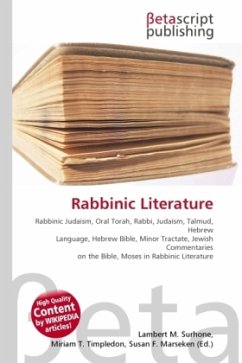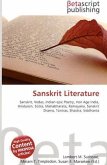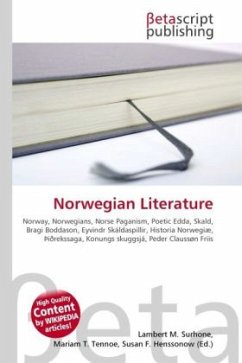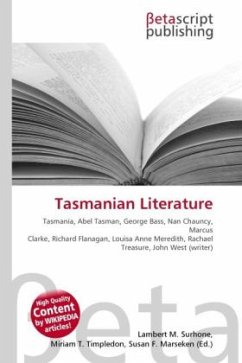High Quality Content by WIKIPEDIA articles! High Quality Content by WIKIPEDIA articles! Rabbinic literature, in its broadest sense, can mean the entire spectrum of rabbinic writings throughout Jewish history. But the term often refers specifically to literature from the Talmudic era, as opposed to medieval and modern rabbinic writing, and thus corresponds with the Hebrew term Sifrut Hazal ( " ; "Literature [of our] sages [of] blessed memory," where Hazal normally refers only to the sages of the Talmudic era). This more specific sense of "Rabbinic literature" referring to the Talmudim, Midrash, and related writings, but hardly ever to later texts is how the term is generally intended when used in contemporary academic writing. On the other hand, the terms meforshim and parshanim (commentaries/commentators) almost always refer to later, post-Talmudic writers of Rabbinic glosses on Biblical and Talmudic texts.
Bitte wählen Sie Ihr Anliegen aus.
Rechnungen
Retourenschein anfordern
Bestellstatus
Storno








